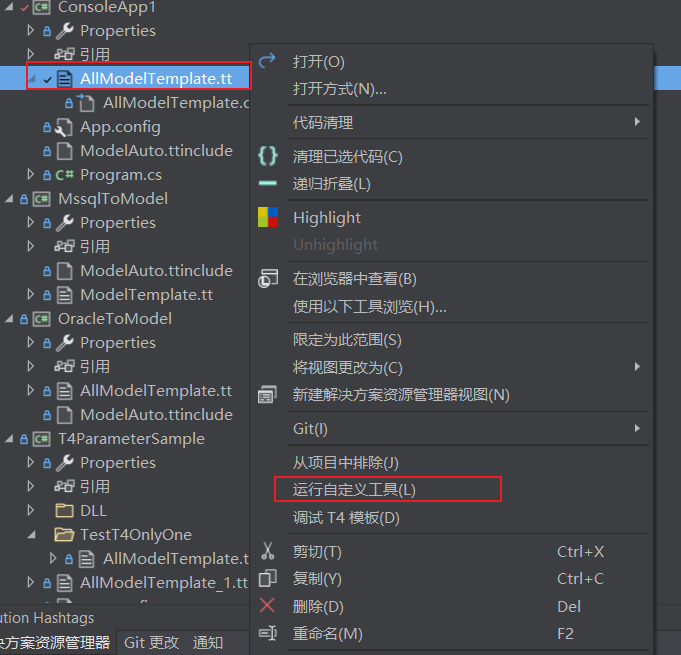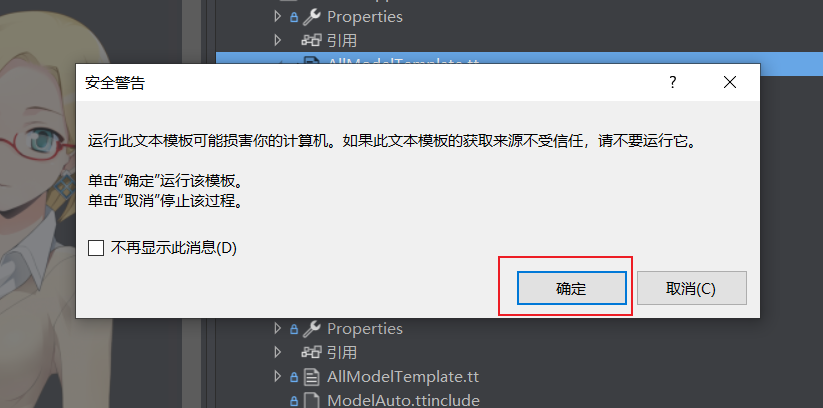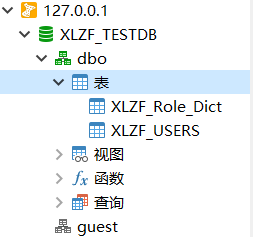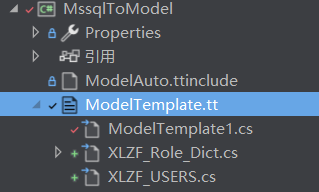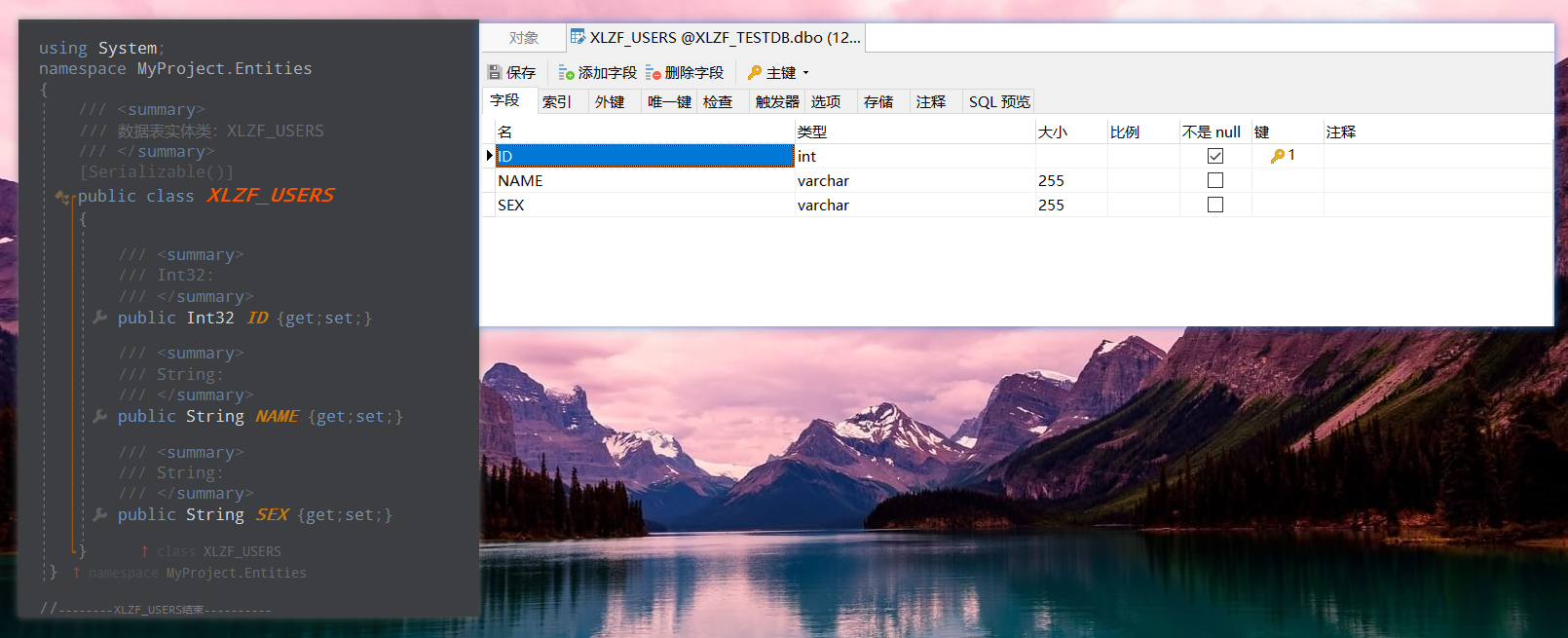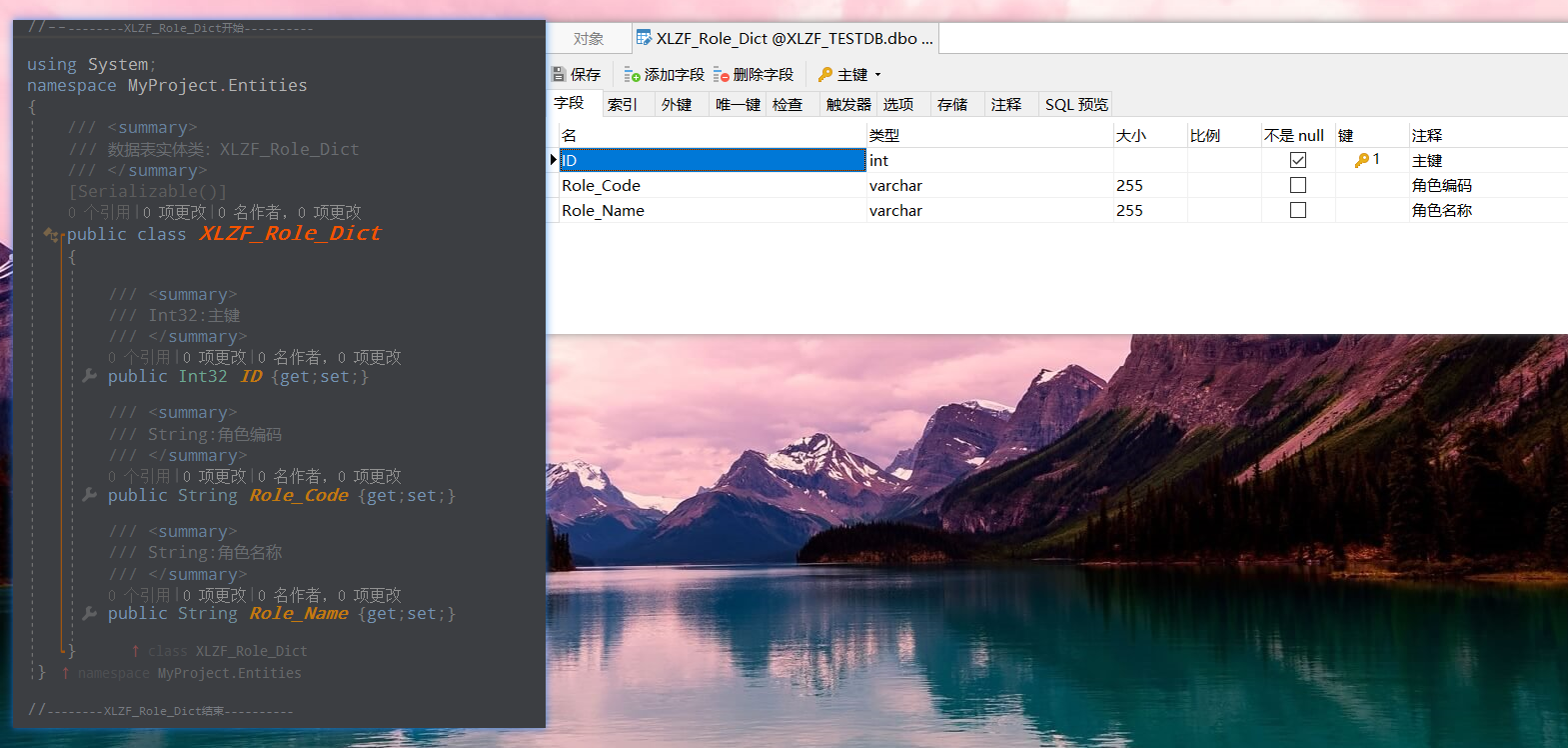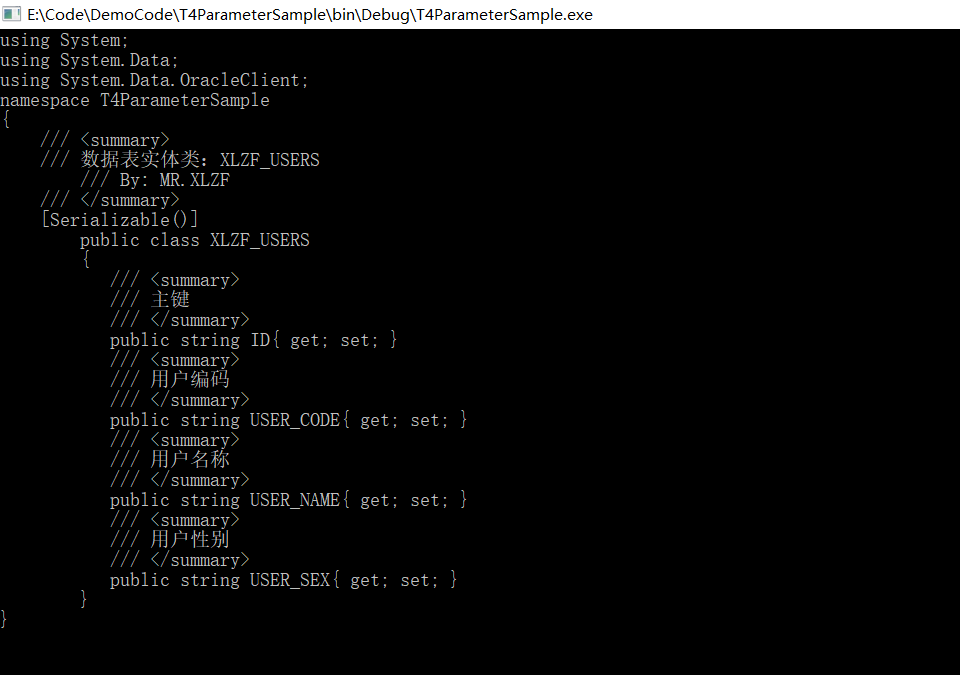1
2
3
4
5
6
7
8
9
10
11
12
13
14
15
16
17
18
19
20
21
22
23
24
25
26
27
28
29
30
31
32
33
34
35
36
37
38
39
40
41
42
43
44
45
46
47
48
49
50
51
52
53
54
55
56
57
58
59
60
61
62
63
64
65
66
67
68
69
70
71
72
73
74
75
76
77
78
79
80
81
82
83
84
85
86
87
88
89
90
91
92
93
94
95
96
97
98
99
100
101
102
103
104
105
106
107
108
109
110
111
112
113
114
115
116
117
118
119
120
121
122
123
124
125
126
127
128
129
130
131
132
133
134
135
136
137
138
139
140
141
142
143
144
145
146
147
148
149
150
151
152
153
154
155
156
157
158
159
160
161
162
163
164
165
166
167
168
169
170
171
172
173
174
175
176
177
178
179
180
181
182
183
184
185
186
187
188
189
190
191
192
193
194
195
196
197
198
199
200
201
202
203
204
205
206
207
208
209
210
211
212
213
214
215
216
217
218
219
220
221
222
223
224
225
226
227
228
229
230
231
232
233
234
235
236
237
238
239
240
241
242
243
244
245
246
247
248
249
| <#@ template debug="true" hostspecific="true" language="C#" #>
<#@ output extension=".cs" #>
<#@ assembly name="System.Data" #>
<#@ assembly name="$(TargetDir)Oracle.ManagedDataAccess.dll" #>
<#@ assembly name="System.Xml" #>
<#@ import namespace="System" #>
<#@ import namespace="System.Xml" #>
<#@ import namespace="System.Data" #>
<#@ import namespace="Oracle.ManagedDataAccess" #>
<#@ import namespace="System.Collections.Generic"#>
<#@ include file="ModelAuto.ttinclude"#>
<# var manager2 = new Manager(Host, GenerationEnvironment, true) { OutputPath = Path.GetDirectoryName(Host.TemplateFile)}; #>
<#
ModelManager manager = new ModelManager();
List<string> list=manager.GetTableList();
#>
<#
foreach (var item in list)
{
string tableName=item;
DataTable table= manager.GetTableSchema(tableName);
#>
<#
manager2.StartBlock(tableName+".cs");
#>
using System;
namespace Model
{
[Serializable()]
public class <#= tableName #>
{
<#
foreach(DataRow row in table.Rows)
{
#>
public <#= manager.TransFromSqlType(row["数据类型"].ToString())#> <#=row["字段名"]#>{ get; set; }
<#}
#>
}
}
<# manager2.EndBlock(); #>
<#
}
#>
<# manager2.Process(true); #>
<#+
public class ModelManager
{
private const string CONNECTION_STRING = "User ID=XLZF;Password=XLZF;Data Source=127.0.0.1/XE;";
private const string PERSONINFO_TABLE_NAME = "XLZF_USERS";
private const string SELECT_SCHEMA_BY_TABLE_NAME = @"SELECT A.column_name 字段名, A.data_type 数据类型,
A.data_length 长度,
A.data_precision 整数位,
A.Data_Scale 小数位,
A.nullable 允许空值,
A.Data_default 缺省值,
B.comments 备注,
A.TABLE_NAME 表名
FROM user_tab_columns A,user_col_comments B
WHERE a.COLUMN_NAME = b.column_name
AND A.Table_Name = B.Table_Name
AND A.Table_Name = '{0}'";
private Oracle.ManagedDataAccess.Client.OracleConnection GetConnection()
{
return new Oracle.ManagedDataAccess.Client.OracleConnection(CONNECTION_STRING);
}
public List<string> GetTableList()
{
string sql = "SELECT * FROM USER_TABLES";
DataTable dt = OracleHelper.ExecuteDataTable(sql);
List<string> list = new List<string>();
if (dt!=null&&dt.Rows.Count>0)
{
for (int i = 0; i < dt.Rows.Count; i++)
{
list.Add(dt.Rows[i]["TABLE_NAME"].ToString());
}
}
return list;
}
private void ReleaseConnection(Oracle.ManagedDataAccess.Client.OracleConnection con)
{
if (con != null)
{
if (con.State == ConnectionState.Open)
{
con.Close();
}
}
}
public DataTable GetTableSchema(string tableName)
{
DataTable dt;
using (Oracle.ManagedDataAccess.Client.OracleConnection con = GetConnection())
{
con.Open();
Oracle.ManagedDataAccess.Client.OracleCommand cmd = con.CreateCommand();
cmd.CommandText = string.Format(SELECT_SCHEMA_BY_TABLE_NAME,tableName);
cmd.CommandType = CommandType.Text;
Oracle.ManagedDataAccess.Client.OracleDataAdapter adapter = new Oracle.ManagedDataAccess.Client.OracleDataAdapter(cmd);
DataSet ds = new DataSet();
adapter.Fill(ds);
dt = ds.Tables[0];
}
return dt;
}
public string TransFromSqlType(string type)
{
if (string.IsNullOrEmpty(type))
{
return string.Empty;
}
if (string.Equals(type, "number", StringComparison.OrdinalIgnoreCase))
{
return "int";
}
if (string.Equals(type, "date", StringComparison.OrdinalIgnoreCase))
{
return "DateTime";
}
else if (string.Equals(type, "nvarchar2", StringComparison.OrdinalIgnoreCase))
{
return "string";
}
return "string";
}
}
#>
<#+
public class OracleHelper
{
private static string oracleConnectionStr = "User ID=XLZF;Password=XLZF;Data Source=127.0.0.1/XE;";
public static DataTable ExecuteDataTable(string sql, params Oracle.ManagedDataAccess.Client.OracleParameter[] paramList)
{
using (Oracle.ManagedDataAccess.Client.OracleConnection conn = new Oracle.ManagedDataAccess.Client.OracleConnection(oracleConnectionStr))
{
conn.Open();
using (Oracle.ManagedDataAccess.Client.OracleCommand command = conn.CreateCommand())
{
command.CommandText = sql;
command.Parameters.AddRange(paramList);
DataTable dt = new DataTable();
Oracle.ManagedDataAccess.Client.OracleDataAdapter adapter = new Oracle.ManagedDataAccess.Client.OracleDataAdapter(command);
adapter.Fill(dt);
return dt;
}
}
}
public static int ExecuteNonQuery(string sql, params Oracle.ManagedDataAccess.Client.OracleParameter[] paramList)
{
using (Oracle.ManagedDataAccess.Client.OracleConnection conn = new Oracle.ManagedDataAccess.Client.OracleConnection(oracleConnectionStr))
{
conn.Open();
using (Oracle.ManagedDataAccess.Client.OracleCommand command = conn.CreateCommand())
{
command.CommandText = sql;
command.Parameters.AddRange(paramList);
return command.ExecuteNonQuery();
}
}
}
public static object ExecuteScalar(string sql, params Oracle.ManagedDataAccess.Client.OracleParameter[] paramList)
{
using (Oracle.ManagedDataAccess.Client.OracleConnection conn = new Oracle.ManagedDataAccess.Client.OracleConnection(oracleConnectionStr))
{
conn.Open();
using (Oracle.ManagedDataAccess.Client.OracleCommand command = conn.CreateCommand())
{
command.CommandText = sql;
command.Parameters.AddRange(paramList);
return command.ExecuteScalar();
}
}
}
}
#>
|
